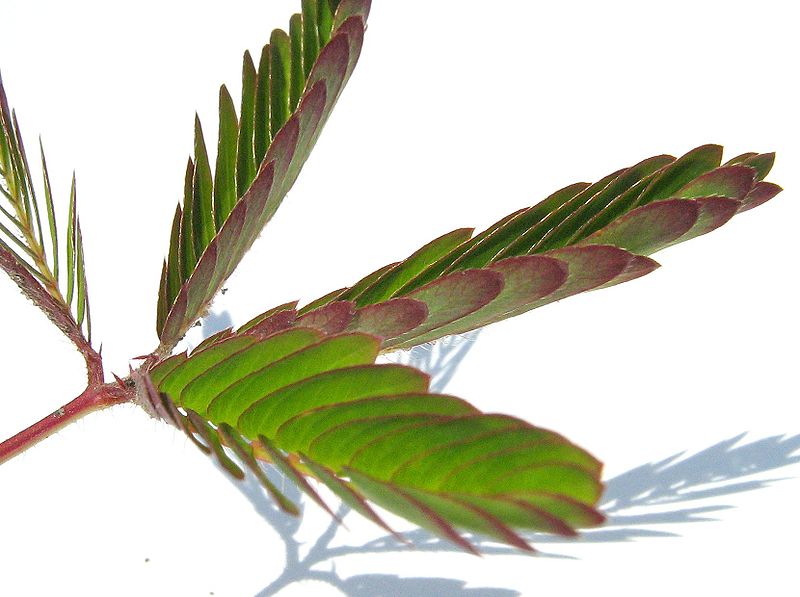A study found two compounds in Mimosa pudica that strongly inhibit PDE5—an enzyme crucial for blood flow regulation—outperforming sildenafil (Viagra).

The makahiya plant—also known by the English name sensitive plant, touch-me-not, shame plant, humble plant, or action plant, and scientifically called Mimosa pudica—with its delicate, fern-like leaves that fold inward at the slightest touch, was a source of endless fascination for us as children. However, most of us are probably unaware of the shrub’s numerous health benefits.
Makahiya Plant as a Remedy
In a Facebook post, licensed forester and Assistant Professor at the University of the Philippines, Jonathan O. Hernandez—more popularly known as content creator Ethan Hernandez—highlighted that the makahiya plant is used as a remedy for conditions such as diabetes, alopecia, urinary tract infections (UTI), hepatitis, cancer, and obesity.
The plant is also rich in triterpenes, known for its anti-inflammatory properties, making it effective for joint inflammation and abdominal pain. Those suffering from these health conditions can make tea out of the entire makahiya plant (including the roots), or use the crushed leaves or roots as a poultice, said Hernandez.
Makahiya Plant as an Aphrodisiac
In addition to this, the tea from the roots and leaves of the makahiya has an aphrodisiac effect. “Di na kailangang bumili ng Robust!” said Hernandez. “Upang makagawa ng tsaa, pakuluan lamang ang isang buong halaman (kasama ang ugat) sa dalawa hanggang tatlong tasang tubig.” Robust is a dietary supplement that promises to “help improve stamina, endurance and sexual drive.”
Makahiya’s sexual behaviour-enhancing properties was likewise mentioned in a study published at the National Library of Medicine. It noted that the ethanolic extract of M. pudica helps combat damage from diabetes in male rats. One of the primary effects of diabetes mellitus is male sexual dysfunction.
Rats treated with the ethanolic extract showed improvement in body weight, reproductive organ weight, sperm quality, and testicular tissue structure. There was also an increase in important hormones (testosterone, follicle-stimulating hormone, and luteinising hormone) in these rats.
Meanwhile, a molecular docking study identified two compounds in Mimosa pudica with strong potential against Phosphodiesterase type 5 (PDE5)—an enzyme that plays a crucial role in regulating blood flow in the body—outperforming sildenafil (Viagra). These results suggest that the plant extract enhances aphrodisiac effects in diabetic rats.


